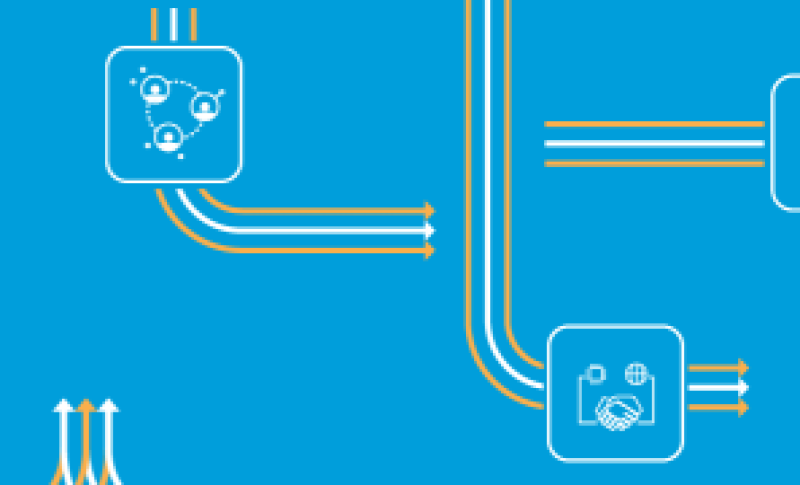
What would APC like to see in the Global Digital Compact (GDC)?
First, recognition that digital governance has evolved to be both distributed and decentralised. This entails challenges, but is also beneficial as it creates a framework for transversal integration of people-centred development and human rights-based digitalisation.
Second, the GDC must provide a robust set of principles rooted in social justice, the public interest and human rights to underpin evolving digital governance and collaboration nationally, regionally and internationally, in multistakeholder and multilateral processes. These principles should reference and reinforce existing sets of norms and principles developed within the UN system as well as through multistakeholder processes, including the São Paulo Multistakeholder Guidelines of 2024.
Third, the GDC must prioritise key existing gaps and failures such as addressing digital inequality, the gender digital divide and environmental sustainability. Specifically, we want to see active commitment to enabling community-based connectivity solutions and strong measures on confronting the contribution of digitalisation to climate change.
Fourth, the GDC must leverage and strengthen existing processes and structures, ensuring complementarity and collaboration in its follow-up. We want to see GDC follow-up and implementation integrated into World Summit on the Information Society (WSIS) processes and coordinated by the lead UN WSIS agencies (ITU, UNESCO, UNCTAD and UNDP) through a strengthened UN Group on the Information Society (UNGIS) and Internet Governance Forum (IGF). We want it to prioritise using both the UN IGF – and its national and regional IGF initiatives and intersessional modalities – and the WSIS Forum as platforms for broad-based monitoring, engagement and reporting. We want to see a strengthened UN Commission on Science and Technology for Development (CSTD) – with increased participation by civil society – as the focus for intergovernmental facilitation and review of GDC implementation.
Fifth, we want to see a strong commitment to the application of the precautionary principle in digital innovation by requiring digital technology developers and companies to conduct environmental and human rights impact assessments as part of a broader process of due diligence that covers all stages of the innovation life cycle/value chain.
What would APC not like to see in the GDC?
First, unnecessary duplication of initiatives and processes which will burden state and non-state actors, with fewer resources to dedicate to participation.
Second, the creation of a new fund for artificial intelligence (AI) in the developing world, when the real priority is establishing baseline digital equality.
Third, a shift to New York as the centre of digital development and governance processes in the UN system. We welcome closer collaboration with New York-based processes, in particular the Sustainable Development Goals (SDGs) process and the Office of the UN Secretary General’s Envoy on Technology. However, we strongly believe that moving the centre of digital governance and development in the UN system away from Geneva will come at the expense of effective participation of civil society and states from the global South.
Fourth, the current privileging of big tech in the GDC’s call to action. Without also explicitly calling on other non-state actors, in particular civil society and the technical community, GDC implementation has no chance of success over the longer term. By placing states and big tech on the same level, as the GDC currently does, it risks increasing the already concerning level of influence of large corporations inside the UN. We value the participation of the private sector, but we believe that existing multistakeholder platforms, such as that provided by the IGF and WSIS processes, already enable this sufficiently.